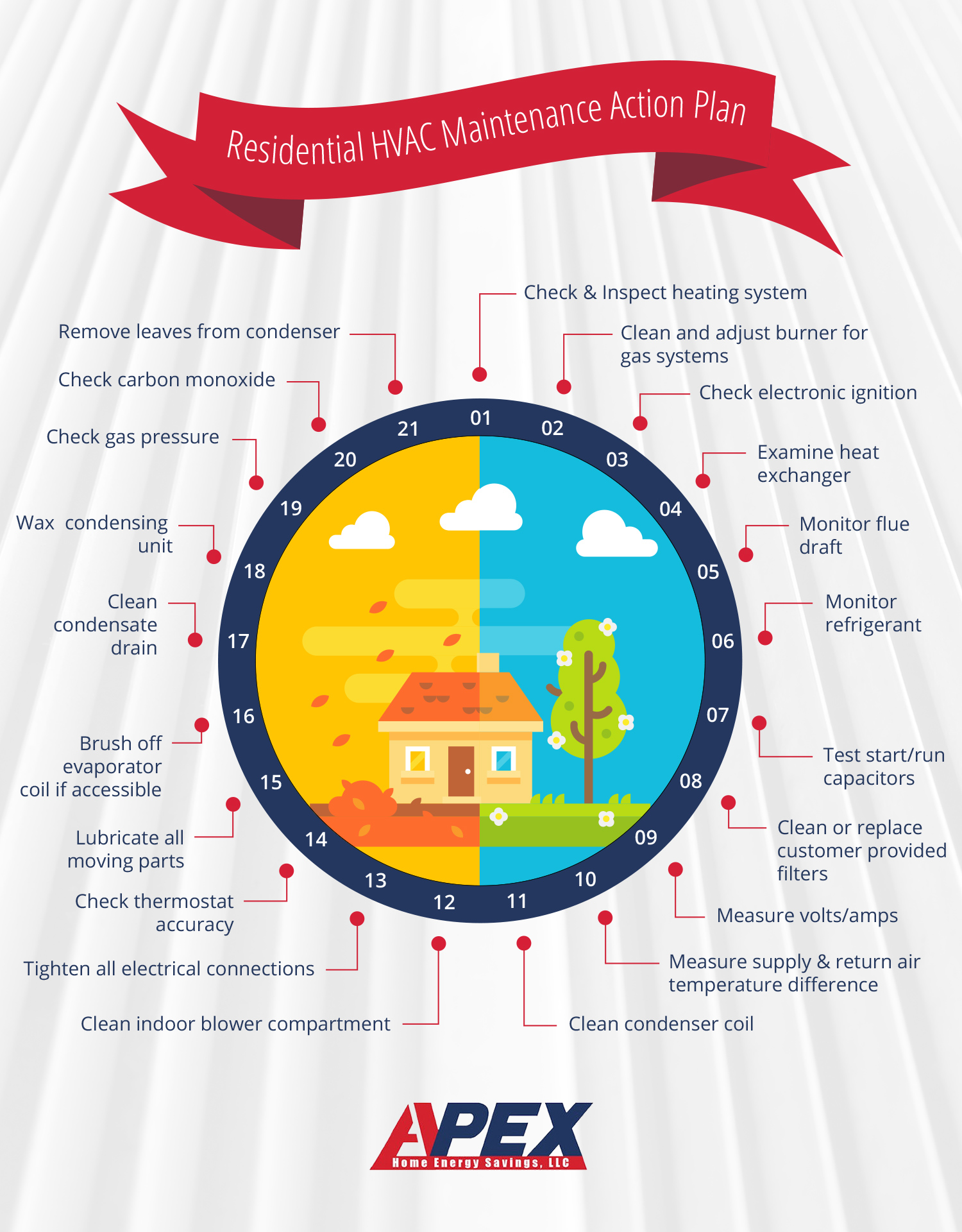Heat Pump Vs Furnace - Which Is The Better Heating Option For Your Home?
Heat Pump Vs Furnace - Which Is The Better Heating Option For Your Home?
Blog Article
Published By- Visit Home Page recognize with heaters, which warm homes with oil or gas and press hot air with ductwork. They are reasonably low-cost and can supply dependable heating even during a winter power blackout.
Nonetheless, they make use of nonrenewable fuel sources and produce carbon monoxide gas and other air pollution. They likewise aren't as energy-efficient as a high-efficiency heat pump.
Expense
Normally, heatpump are much more economical to operate than heating systems. They usually make use of electrical energy and cooling agent to essence heat from exterior air, and afterwards transfer it into your home. You can make the most of more affordable electrical power rates throughout off-peak hours to further reduce your heating costs.
Unlike heat pumps, gas or wood-burning furnaces make use of burning to generate warmth, emitting flue gases into the atmosphere that can be unsafe to your wellness. These furnaces are likewise less energy-efficient than heatpump, and their higher operating costs can build up gradually.
Heating systems are a lot more complicated than heatpump and require normal upkeep to guarantee the appropriate function of all components. Despite this, they often tend to last longer than heatpump with a common lifespan of twenty years or more. Nonetheless, you'll need to consider the cost of gas, fuel oil or wood and the added tools needed for setup and procedure such as air ducts and ventilation systems.
Power Efficiency
Heatpump have a greater energy performance score than heaters. These systems make use of power to feed on heat from the air, even in freezing temperature levels. They can additionally remove excess warmth from the home throughout warmer months and reuse it to cool down the system. copyright experts can aid you establish the best version for your home on environment and resource energy costs.
Heaters shed gas oil, propane, gas or other kinds of fossil fuel to warm the air in the home. This air is then spread via ductwork using a large follower. Heaters generate greenhouse gases and call for regular maintenance and devices upgrades to make sure risk-free operation.
The largest advantage of a heating system is that it can be run even in severe winter season conditions since it does not rely upon exterior temperature levels to heat the air. https://hvac-contractors-near-me32198.blogtov.com/9785799/checking-out-the-ecological-advantages-of-warm-pumps-a-sustainable-heating-remedy have a longer life-span than heatpump and usually last 15 years. They can additionally be coupled with dual fuel choices, which pick the most reliable heating alternative based on the weather.
Environment
Heatpump work well in modest environments and utilize much less resource power than heaters. However, if your area is incredibly cool, you may need to buy a conventional gas furnace instead.
Heaters give warm, comfy heat and generally use rapid heating to increase indoor temperatures. These systems can be made use of with a selection of gas kinds, consisting of gas, lp, oil or electrical power.
They take in much more energy than heat pumps-- approximately 3x as much-- and call for ductwork that's costly to install or retrofit. They're additionally more expensive to keep, as they can trigger air quality issues and produce greenhouse gas emissions.
If you're dedicated to decreasing your carbon footprint, a heat pump is an excellent selection for your home. They have fewer greenhouse gas emissions than heating systems, specifically if you pick an ENERGY CELEBRITY ® heat pump. Your local Provider specialist can explain the differences between these two furnace and assist you make the most effective choice for your unique demands.
Individual Preferences
Furnaces can be really power reliable when powered by gas, propane or oil, however they aren't as power efficient as heatpump in freezing environments. They can likewise be much more costly to set up, calling for gas lines and ventilation systems.
Nonetheless, furnaces often tend to need less maintenance, which can lead to reduced continuous expenses. They generate less greenhouse gases and are much more trusted than heatpump during severe weather.
Electric heat pumps are much more versatile in creating interior convenience since they can likewise serve as ac system during warmer months. They can be easier to maintain, requiring only routine air filter adjustments and occasional vacuuming.
If you prefer the comfort of a solitary system that does it all, take into consideration a crossbreed heating option that pairs a heating system with an electric heatpump. These systems can immediately switch over between the two heating options based on your home's demands and temperature conditions, optimizing efficiency and financial savings.